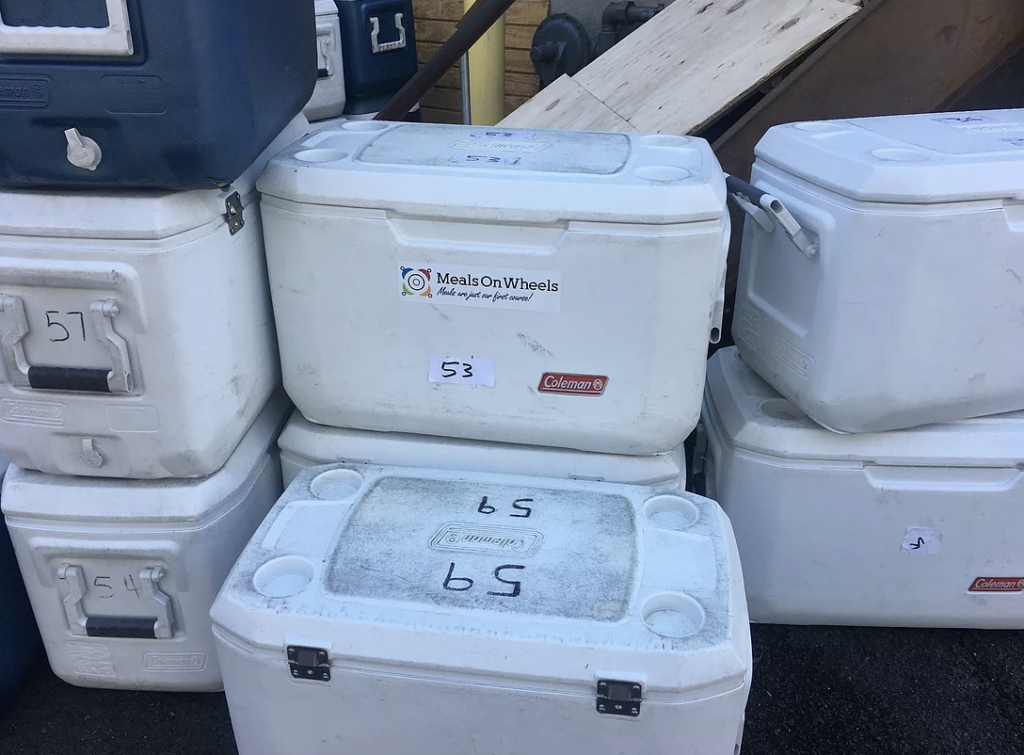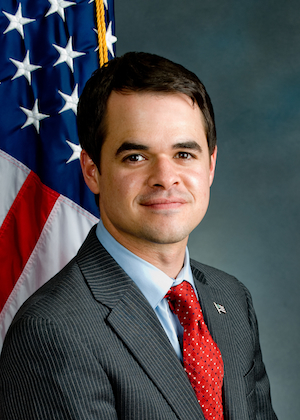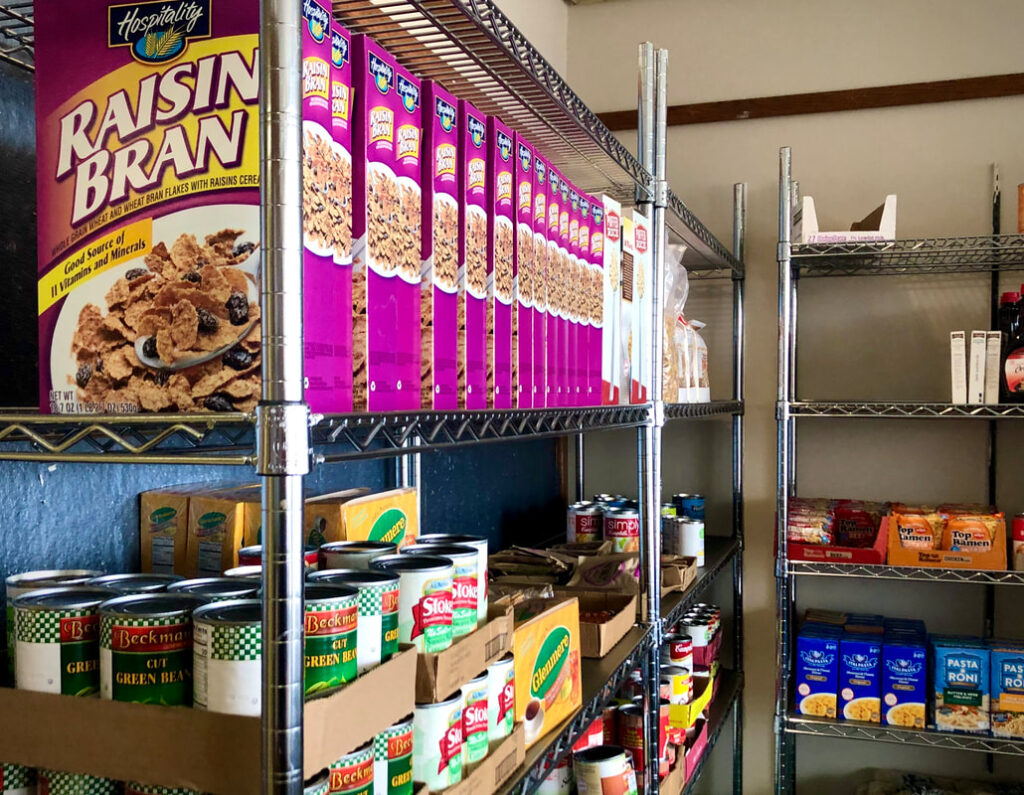
Story edited and packaged by Jake Mauriello
Between Feb. 2020 and March 2020, nearly 160,000 New Yorkers lost their jobs. The reason: COVID-19.
This number represents more than unemployment. It represents thousands of people who will soon find themselves unable to easily obtain food. This is commonly referred to as food insecurity, an issue with few solutions. One solution — food pantries and other food assistance programs — are becoming a beacon of hope for thousands, if not millions across the state.
But food pantries are beginning to struggle themselves.
With more people requesting help every day, and social distancing a necessity, food pantries and food assistance programs are being forced to close. Some, however, have made necessary changes to the way they work that allow them to continue their services.
One of these programs, Meals on Wheels, has had to turn what was once a friendly interaction into a simple drop-off.
Meals on Wheels is a service that “provides delivered, medically-tailored, hand-made meals to residents who cannot shop or cook for themselves due to illness, physical disability or advanced age.” Along with the delivery, came a safety check, which was an overall examination of the health of the meal recipient and their homes, as well as a friendly conversation. The procedure is to now hang the food on the recipient’s door, ring the doorbell, perform a safety check from at least six feet away and then immediately leave.

Director of Development at Meals on Wheels Rockland, Stephen Papas, says that while there is a noticeable lack of interaction, it is for a reason.
“Our drivers have been instructed on how to give contactless deliveries,” Papas said. “This has limited the amount of conversation that our drivers normally have with our clients, but our clients completely understand that we can only say hello from a safe social distance.”
The ideology of social distancing is now seen in nearly every food pantry left open, in one way or another. It is not only necessary to keep the workers safe, but also visitors and recipients of food.
Despite the limits on social interaction during deliveries, Papas understands that the services of Meals on Wheels are now needed for a much greater cause.
“There are also senior citizens who must keep their distance to maintain their health,” Papas said. “Our services ensure that they do not have to choose between a dangerous shopping trip and compromising their health by not having the food to sustain themselves.”
Another program, The Community Food Pantry at St. Mary’s Mohegan Lake, has transitioned completely to a drive-up style pantry; a change that was made in order to keep people safe.
Julie Maner, a member of the board at The Community Food Pantry, is completely open about the struggles the pantry has had to face.
“Right now, everyone is beginning to struggle, and we just don’t know what’s going to happen in the near future regarding our food supply,” Maner said. “And as of this week, it looks like we will be facing a more limited selection in the food we are able to offer our guests.” Maner is by no means alone in this sense.
“In reality, we’re feeding more people with fewer volunteers and stretched resources.”
Julie Maner
Board Member, The Community Food Pantry
Senator David Carlucci addressed the fact that many Food Banks across New York state are closing due to a lack of funds: “The situation is dire. More of New York’s food banks and pantries could be closing due to the COVID-19 pandemic if we do not get them the necessary funding to keep feeding residents and families in need. This social safety net in our communities must be protected as unemployment soars and costs for groceries rise.”

Although the change in method of food distribution was a major hurdle The Community Food Pantry had to overcome, it was far from the only one. A steady growth of customers, a decline in the number of volunteers and stretched out resources are all a part of the many trials the pantry has had to go through.
“We feed almost 300 families a week on a regular basis. But a few weeks ago, we had 130 families, and then … for our Easter distribution, we had over 200 families,” Maner said. “We’ve limited the number of volunteers who staff the pantry in order to maintain social distancing. So, in reality, we’re feeding more people with fewer volunteers and stretched resources.”
Despite all the hardships, the pantry remains open.
Maner believes that food insecurity is a problem in this country “every day,” and this pandemic has only brought it to the forefront. However, she takes pride in knowing that multiple food assistance programs — including her own — are ensuring that people are able to get food.
“It’s a basic need … and there are so many wonderful organizations out there that are focused on making sure people get the food that they need during this emergency.” Maner said. “We’re proud to be one of them.”
Interested in more FEATURE stories? Check out:
Nadine Cafaro addresses SUNY New Paltz’s disparities in resource distribution by the area of study.
Gillian Hamilton explores the benefits and stipulations that come alongside tiny home living through a Q&A with researcher Dr. Maria Saxon.
Jessica Barr dives into the dangers of cyber stalking and how to handle it.
Max Freebern describes the story of two homeless women in Ulster County struggling to find housing during the pandemic.
Taylor Dowd provides insight on hunger relief organizations in New Paltz and Ulster and how they’re managing during the pandemic.
Emma Cariello explores the niche appeal the A24 film studio brings to young moviegoers and what makes their works so iconic.
Ericka Francois sits down with John Wayne Gacy rape survivor and domestic and sexual abuse advocate Patrick Dati.
